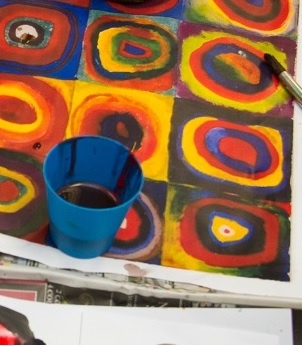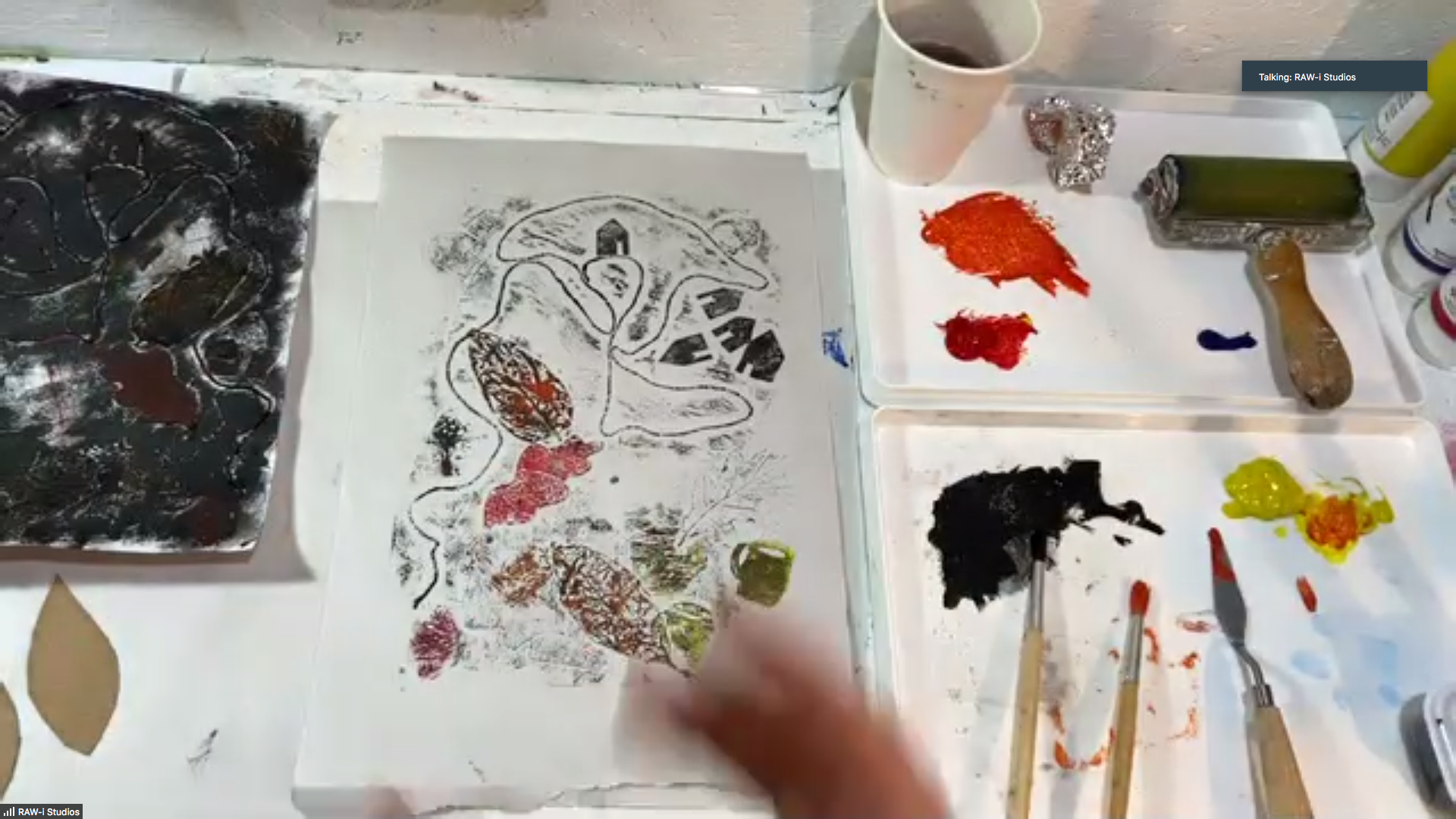
Why we believe arts enrichment activities are important
BY: Annabel Thomas
20 May 2019
It’s no secret that we want to support schools to offer the arts as part of their core curriculum as much as possible. However, we also appreciate that in the current education clim ate this isn’t always possible, especially in the higher years. Which is why we also believe that offering arts enrichment opportunities are becoming increasingly important to ensure that young people get the broad and balanced curriculum they deserve, as well as equipping them with the knowledge, skills and abilities to thrive in the modern world.
ate this isn’t always possible, especially in the higher years. Which is why we also believe that offering arts enrichment opportunities are becoming increasingly important to ensure that young people get the broad and balanced curriculum they deserve, as well as equipping them with the knowledge, skills and abilities to thrive in the modern world.
Enrichment opportunities allow children and young people to explore the arts in a different environment to the curriculum. This can be a great way to engage students who may think that the arts are not for them. I am sure every art teacher has heard ‘but I can’t draw so what’s the point’ many times in their career. After school or lunchtime art clubs are a great way to dispel this myth – let their imaginations run wild and enable them to create art which speaks to them, rather than what the curriculum may require them to develop. They may find a talent and a love for art which otherwise may not come out if a classroom approach is intimidating to them.
Enrichment opportunities are also hugely important to help develop arts skills. Having structured, additional time to focus on a subject will lead to skills development which can be translated back in the classroom. This is especially important for students looking to take art at GCSE or A Level, but will have positive benefits for all students. Working towards a piece in an extra-curricular club also gives students more freedom to try new things out – to fail without any negative implications. At Arts Award we are all about valuing the process, and showing that failure, or a piece which doesn’t quite turn out as hoped, can still be a very worthwhile piece to work on.
Not only this, but extra-curricular art clubs are a way to keep students engaged in your subject, even if they may not be looking to take it for GCSE or A Level. For students post-16 an art club or similar may be a safe haven for them to escape to away from the pressure of exams, and could contribute towards a schools’ overarching wellbeing strategy, as well as being an excellent hook for prospective students and parents for post-16 or sixth form provision.
Teachers already running a range of extra-curricular opportunities can rest assured that all these opportunities are hugely important for all students. Students working towards their GCSE or A Levels in music, for instance need performance practice and opportunities to hone these skills, and those lower down the school or in primary can develop their musical ability, musicality and overall love of music through taking part in group music making. And quite apart from all these musical benefits, there is increasing research that taking part in group singing especially can have wonderfully positive benefits on mental health and wellbeing for people of all ages.
Extra-curricular drama opportunities often take the form of a school production, inter-house challenge or preparation for graded drama exams. Drama enables young people to present themselves effectively for job or university interviews, and performance opportunities build confidence and communication skills in a fun, meaningful way that has real a real lasting impact. For students looking to progress on to drama school, or to study drama at university, this is often the only opportunity they will have to practice performance skills for auditions. But never mind this – taking part in a school production is often the thing many of us remember for years, creates a wonderful example of teamwork and is great fun!
We understand that teachers are under huge pressure from all sides, but if you can offer extra-curricular opportunities for your students not only will they benefit hugely, but it helps to add value to the whole school and is often something that holds sway with parents. Extra-curricular opportunities should never take the place of a rounded curriculum, but may be the way to engage students you may not otherwise come across, and raise the overall profile of your department and your school.
And if increasing your department's visibility is one of your priorities, take a look at our new guide on how you can best advocate for the arts at school; building the case for their value, increasing engagement and celebrating achievement.
Related posts
BY: Judy McFall
BY: Guest Writer





Comments & Replies